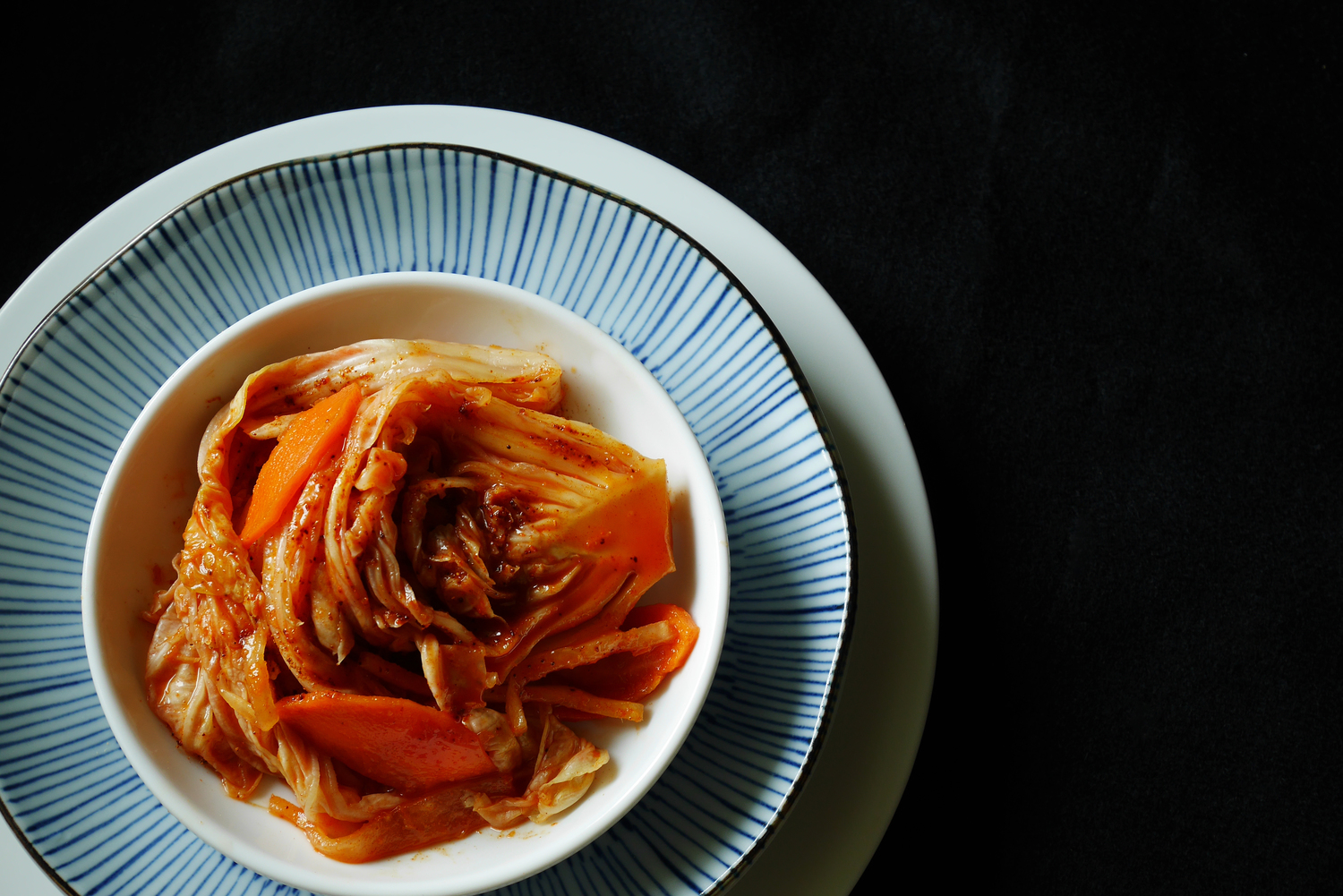
Helpful Foods and Medications to Manage Depression
Depression is a type of mental health disease that causes a prolonged feeling of disinterest in activities that one enjoyed earlier, isolatedness, self-esteem issues, and inability to feel happiness, among other symptoms. When these feelings occur without any definitive reason, it can be diagnosed as clinical depression. At present, approximately more than 200 million people suffer from this condition worldwide, many who require prescription medications like Auvelity, Trintellix, Rexulti, and Vraylar to manage their depression symptoms safely. Although the treatment process can be long-drawn-out, and it may feel easy to give up, it is crucial to take the help of a strong support system to continue availing treatment. Apart from medications and therapy, consumption of the following foods can help manage depression.
Fish
Wild-caught oily fish such as salmon, trout, sardines, tuna, and mackerel are a great choice to manage depression. Oily fish is rich in omega-3 fatty acids, which play a major in brain health as they help regulate serotonin. This is a neurotransmitter essential for mood regulation, thereby keeping depression of symptoms at bay.
Beans
Beans such as Fava beans, kidney beans, black-eyed beans, and garbanzo beans are a great source of fiber and protein, which help in maintaining optimum blood sugar levels. A well-balanced blood sugar level ensures a stable mood. Beans also contain an adequate amount of vitamin B or folate, which helps manage depression.
Nuts
Cashew nuts, brazil nuts, hazelnuts, and walnuts are some of the most sought after foods to help manage depression. Aside from being rich in omega-3 fatty acids, nuts also contain mood-stabilizing vitamins, niacin, magnesium, and tryptophan. Vitamin B6 converts tryptophan into serotonin, which lets magnesium enter body cells. This synergy of nutrients aid in fighting depression.
Poultry
Chicken and turkey meat are great sources of lean protein. The protein not only helps stabilize blood sugar levels but also keeps the mood uplifted throughout the day. It does this by providing an abundant amount of tryptophan, which gets synthesized into serotonin.
Seeds
Chia seeds, flaxseeds, and sunflower seeds are rich in two mood-regulating nutrients, i.e., folate and magnesium, which can help in keeping symptoms of depression at bay. A deficiency of these nutrients can result in the feeling of perpetual nervousness fatigue, irritability, and insomnia. All of these amount to depression. Similarly, pumpkin and squash seeds can help in increasing serotonin levels in the body by providing essential amino acids, which further manages depression.
Vegetables
One reason that people suffer from depression is because of the lack of adequate vegetables in their diet. This results in depleted levels of folate and other nutrients. Dark leafy greens such as Brussels sprouts, spinach, kale, and watercress contain alpha-linolenic acid (ALA), A type of fatty acid, which helps in improving and stabilizing moods.
Probiotics
Good gut health plays a key role in mood regulation. One of the most popular food sources to help manage depression is probiotics, such as yogurt, tempeh, miso, sauerkraut, kimchi, and kombucha, which reduce inflammation in the body. Consequently, this produces feel-good neurotransmitters, thus improving stress response.



